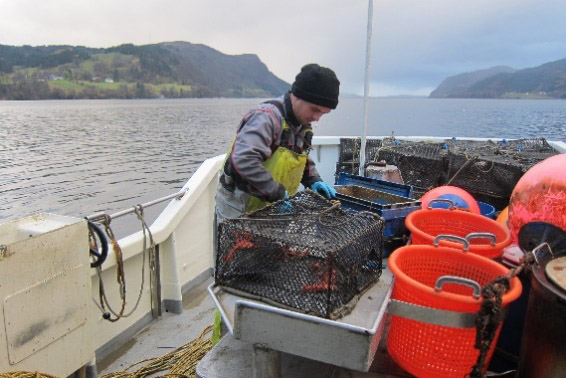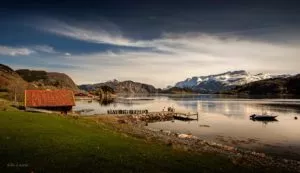Dirty. Unnecessary. Wrong.
Each year, mining companies dump over 220 million tonnes of hazardous mine waste directly into our oceans, rivers and lakes. The result: polluted water, illness and disease, and lost livelihoods. Mine waste can contain up to three dozen dangerous chemicals, including arsenic, lead, mercury, and cyanide. These metals accumulate in fish and the people and wildlife that eat them.
While the outdated practice has been phased out in many parts of the world, two Norwegian projects, along with new mines in Papua New Guinea, signal ocean dumping is being ramped up, not phased out.
A global coalition of human rights and environmental organizations are calling for this dangerous practice to be banned once and for all. Until that happens, the Ditch Ocean Dumping campaign will work to stop ocean dumping one mine at a time by demanding financial institutions withdraw from any new project that would use it.
Norway, Papua New Guinea and Chile on the Front Lines
Commercial and subsistence fishermen have seen fisheries decline from ocean dumping. For many indigenous communities, water is the heart of their cultural heritage and spiritual practice.

Despite fierce local opposition and a legal battle that suspended operations for 19 months, the Ramu nickel and copper mine in Papua New Guinea is currently dumping around 14,000 tonnes of toxic mine waste into Basamuk Bay every day, harming the Bismarck Sea’s coral reef ecosystems, marine life and fisheries. In Norway, two proposed mines escaped a recent moratorium on submarine dumping permits, jeopardizing a pair of National Salmon Fjords and the traditional lifestyle of the indigenous Saami people.
The mining industry is working to make Chile ground zero for mine waste dumping, a plan that would exacerbate the country’s already significant ocean pollution problems. Chilean NGOs such as Oceana and the Observatory of Mining Conflict in Latin America have denounced the plan due to the impact it would have on coastal communities, fisheries and biodiversity.
“Coastal fishermen living near the Ramu mine have seen an increase in fish kills. Polluted waters undermine traditional livelihoods and mean less food for families who depend on a healthy Basamuk Bay.”
John Chitoa, director of the Bismarck Ramu Group
Divesting from the Dumpers
The campaign is singling out banks like JP Morgan Chase and Credit Suisse, for their ties to the mines in Norway and Papua New Guinea and is calling on them to divest from any project or company that employs the practice.
The Ditch Ocean Dumping coalition includes Earthworks, Friends of the Earth Norway, Bismarck Ramu Group, MiningWatch Canada, and many others.

